Magnesium and Your Hormones
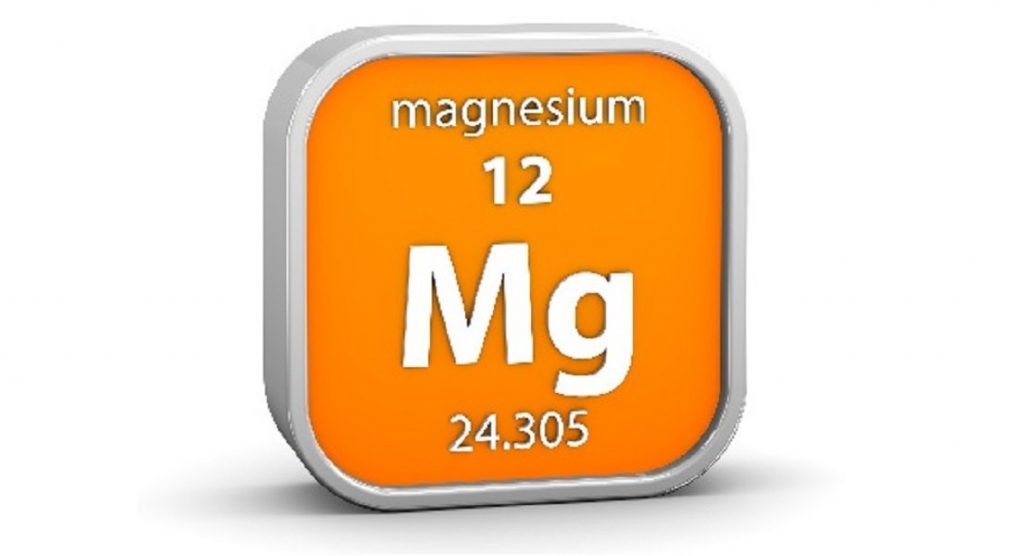
reactions in the human body.
Magnesium is useful in balancing thyroid conditions, adrenal imbalance, premenstrual
issues and perimenopausal symptoms. Many of us are deficient in magnesium because our
cells use a lot of it during stressful periods. Magnesium works on many levels to help to bring
your system into balance. A revved up nervous system is what an average modern human
needs to get through an average modern day. If you work, or commute, drink coffee, or worry,
then you are deficient in magnesium.
8 Ways Magnesium Rescues Your Hormonal System
- Magnesium regulates cortisol. Magnesium calms your nervous system and prevents excessive cortisol. Your stress hormonal system, also called your hypothalamic-pituitary-adrenal (HPA) axis, is your central hormonal system. When it functions well, then your other hormonal axes—thyroid and sex hormones—will function well too.
- Magnesium lowers blood sugar. Magnesium is so effective at sensitizing the insulin receptor that It often referred to it as our ‘natural metformin’. Better insulin control means fewer sugar cravings. Healthy insulin sensitivity is important for weight loss, PCOS, fertility and it also prevents osteoporosis.
- Magnesium supports thyroid. Magnesium is essential for the production of thyroid hormone. It is also anti-inflammatory, which helps to quiet the autoimmune inflammation that underlies most cases of thyroid disease. Other ways to address thyroid autoimmunity include gluten-elimination and a selenium supplement.
- Magnesium aids sleep. It is the great sleep-promoter, helps your body to relax and sleep is crucial for hormone production. Sleep is when we should enjoy a beneficial surge in anabolic hormones such as DHEA ,growth hormone and melatonin (great antioxidant which helps egg quality).
- Magnesium fuels cellular energy. Magnesium is so intricately involved with mitochondria and energy production, that we can safely say: “Without magnesium, there is no cellular energy”. Hormonal tissue is metabolically active, so it requires even more cellular energy and more magnesium than other tissue especially in oocytes.
- Magnesium makes hormones. Magnesium is involved in the manufacture of steroid hormones such as progesterone, estrogen and testosterone. Magnesium has been shown to reduce hot flashes by 50%.
- Magnesium activates vitamin D. Without enough magnesium, vitamin D cannot do its job . We Vitamin D is very important for fertility.
- Magnesium is anti-aging. The mineral has been shown to prevent telomere shortening, reduce oxidative stress, and enhance the production of glutathione.( to help egg and sperm quality.
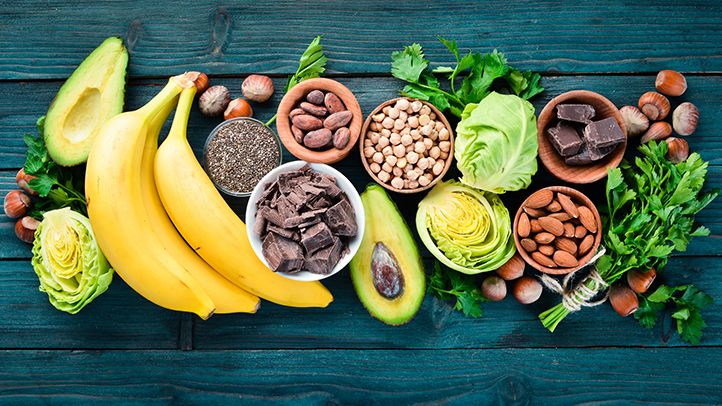
Food Sources
10 best food sources of magnesium include:
- Leafy greens
- Nuts
- Chocolate
- Avocado
- Legumes
- Tofu
- Seeds
- Whole Grains
- Fatty Fish
- Bananas
Wild Nutrition’s Food-State Magnesium is in a highly bioavailable form – meaning that mega-dosing
becomes unnecessary. – Available at The Fertility Shop below.
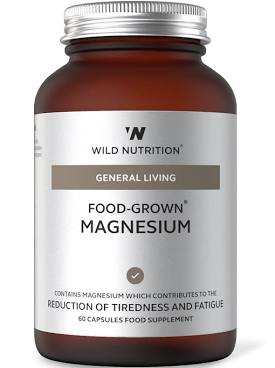

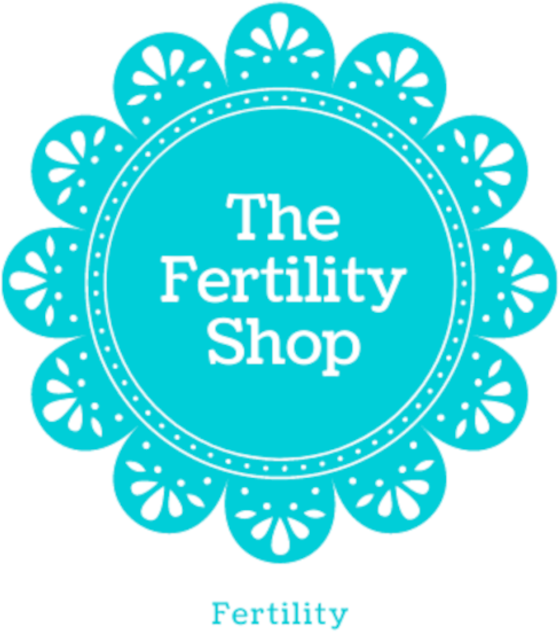
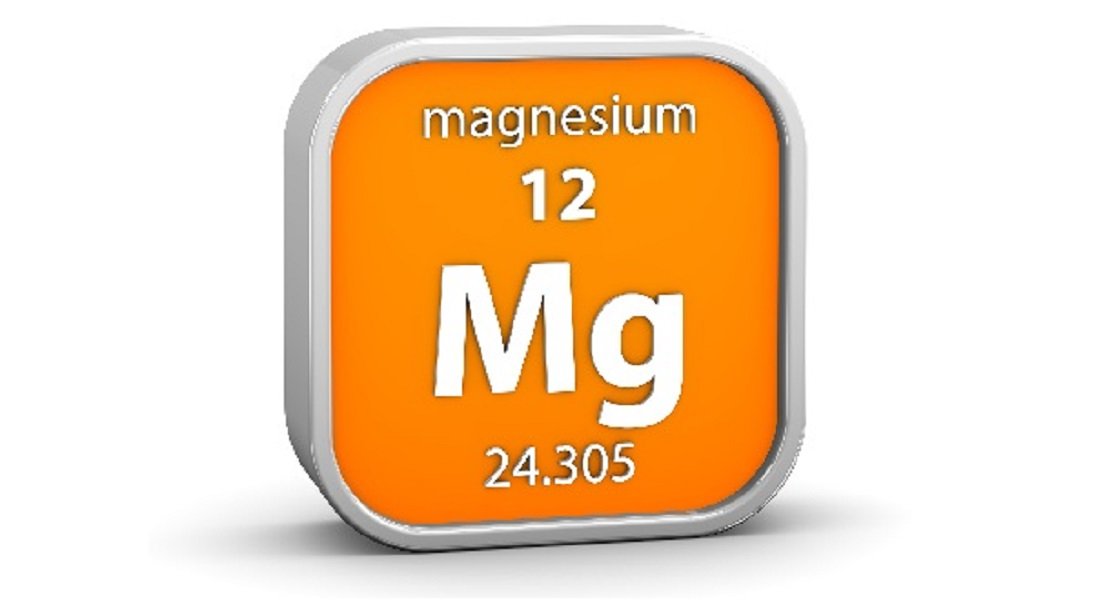

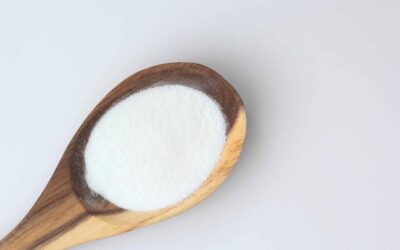


0 Comments